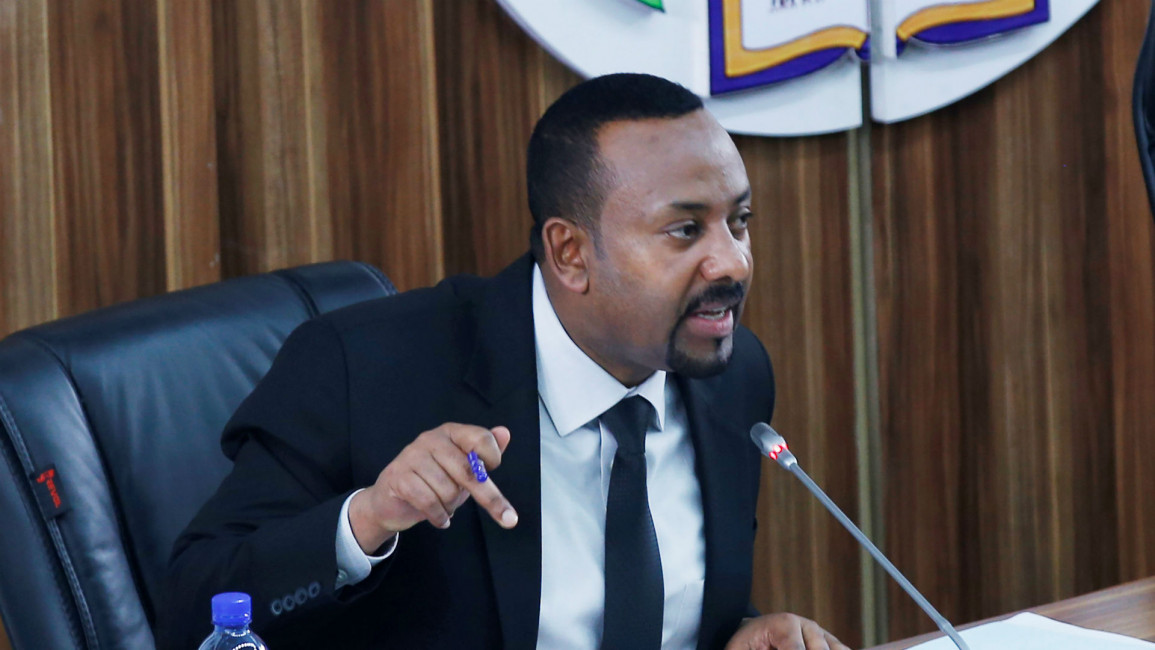Ethiopian PM says massive dam inflicts no 'significant harm' on Egypt, Sudan
Ethiopia’s prime minister on Friday sought to reassure Egypt and Sudan that the filling of his country's massive new dam on the Nile River “will not inflict any significant harm” on the two nations that are seeking international help to resolve a dispute over the dam’s operations.
Prime Minister Abiy Ahmed’s tweeted message in Arabic came a day after Egypt and Sudan urged the UN Security Council to undertake “preventive diplomacy” and call for a legally binding agreement to resolve the dispute. Ethiopia insisted that the matter can be solved by the African Union, and many council members agreed.
Egypt and Sudan have said 10 years of negotiations with Ethiopia have failed and the Grand Ethiopian Renaissance Dam, or GERD, is starting a second filling of its reservoir. They say this not only violates a 2015 agreement but poses “an existential threat” to 150 million people in their downstream nations.
The dam on the Blue Nile is 80% complete and expected to reach full generating capacity in 2023, making it Africa’s largest hydroelectric plant. Ethiopia says the $5 billion project is essential to promote economic development and make sure the vast majority of its people don’t lack electricity.
— Abiy Ahmed Ali 🇪🇹 (@AbiyAhmedAli) July 9, 2021
Ethiopia’s water minister, Seleshi Bekele Awulachew, said that filling the reservoir was part of the dam’s construction and the Security Council should not be involved in the issue.
Egypt’s Foreign Minister Sameh Shukry said Ethiopia’s actions threaten “the security of Egypt and Sudan.”
Egypt and Sudan sought a council resolution that would require Egypt, Sudan and Ethiopia to negotiate a legally binding agreement within six months, under AU auspices, “that ensures Ethiopia’s ability to generate hydropower ... while preventing the inflicting of significant harm on the water security of downstream states.”
Ethiopia’s prime minister’s new statement said the dam “can serve as a source for cooperation between our three countries” and asserted that it takes up “only a small portion of the water flow.“


![President Pezeshkian has denounced Israel's attacks on Lebanon [Getty]](/sites/default/files/styles/image_684x385/public/2173482924.jpeg?h=a5f2f23a&itok=q3evVtko)



 Follow the Middle East's top stories in English at The New Arab on Google News
Follow the Middle East's top stories in English at The New Arab on Google News


